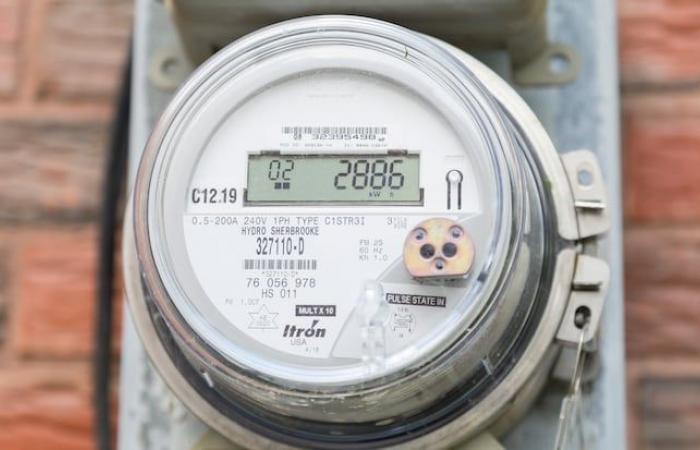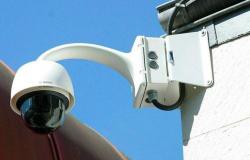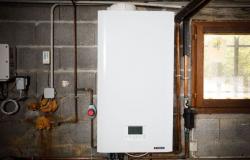Again? Those with an excellent memory or the most diligent in municipal affairs may remember a lively debate that occurred around ten years ago precisely around new meters on the Hydro-Sherbrooke network. This new technology then aroused serious citizen concerns, as elsewhere in the province while Hydro-Québec was also making the shift.
Except that the meters selected in Sherbrooke were not the same, explains today David Seminaro, head of the lines division at Hydro-Sherbrooke. Here, we have instead opted for radio frequency meters which are not considered “intelligent” in the sense that they do not communicate directly with the central unit.
“They just talk. They are deaf in a way,” summarizes Mr. Seminaro, speaking of “unidirectional communicating” meters. And even the data transmitted is only at a short distance. Hydro-Sherbrooke employees must therefore drive through the streets to collect meter readings, he explains, which is done approximately every two months for each household. It’s more efficient than going to read each meter from house to house, but it’s still far from being at the cutting edge of technology.
Progressive update
But why did you take this half step? Even though Mr. Seminaro was not at Hydro-Sherbrooke at the time, he assumes that the decision must have been mainly linked to economic reasons. At $60 per meter, the scale of the replacement project is far from being the same as for smart meters.
In fact, the operation which took place from 2011 to 2016 in Sherbrooke will have cost around 8 million, informs the division head of Hydro-Sherbrooke. To move towards smart meters, the municipal administration went with an estimate of 50 million, openly described as approximate at this stage.
David Seminaro, head of the lines division at Hydro-Sherbrooke, during a presentation in September at city hall. (Maxime Picard/Archives La Tribune)
As reported The Tribune Earlier in the fall, Sherbrooke will undoubtedly include the project in its next five-year capital expenditure program, but without quantifying it, since the financing strategy is still highly uncertain. We still know that the City is hoping for considerable support from Quebec, but given its particular situation with its municipal electricity distribution service, it will probably be necessary to develop a piecemeal agreement.
In a context of energy transition, acquiring new meters becomes particularly crucial, according to David Seminaro. Hydro-Sherbrooke is already investing $3.5 million to update its billing system in order to eventually offer differentiated pricing depending on the time of day, for example to mitigate consumption peaks in the network.
“Important tool”
With smart meters, Hydro-Sherbrooke could finally join Hydro-Québec and offer the same pricing options. This is not yet a legal obligation, but Mr. Seminaro does not exclude that it could eventually be.
“To ensure that citizens can better understand their energy consumption, the meter becomes an important tool,” he also says, talking about the level of precision that could be offered to customers.
Except that the last devices of the previous technology were installed in 2016. So would we end up changing meters that were still good? David Seminaro recognizes that this is not the optimal sequence to maximize the lifespan of the devices, but at the same time, they must be re-examined after 8 to 10 years to validate their condition and the required maintenance then becomes more and more frequent. Without attached funding, we still do not know how soon Sherbrooke residents will have new smart meters.






